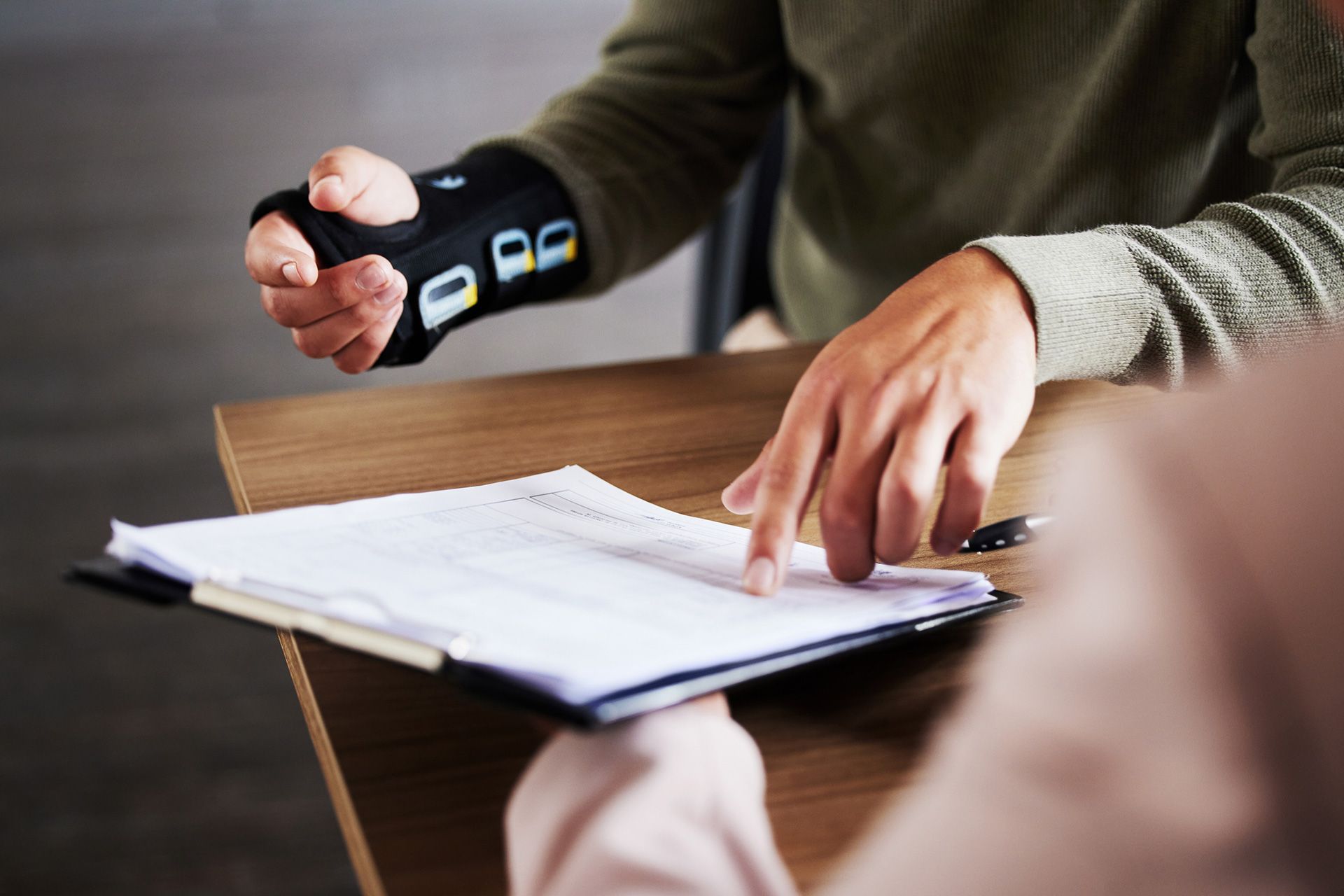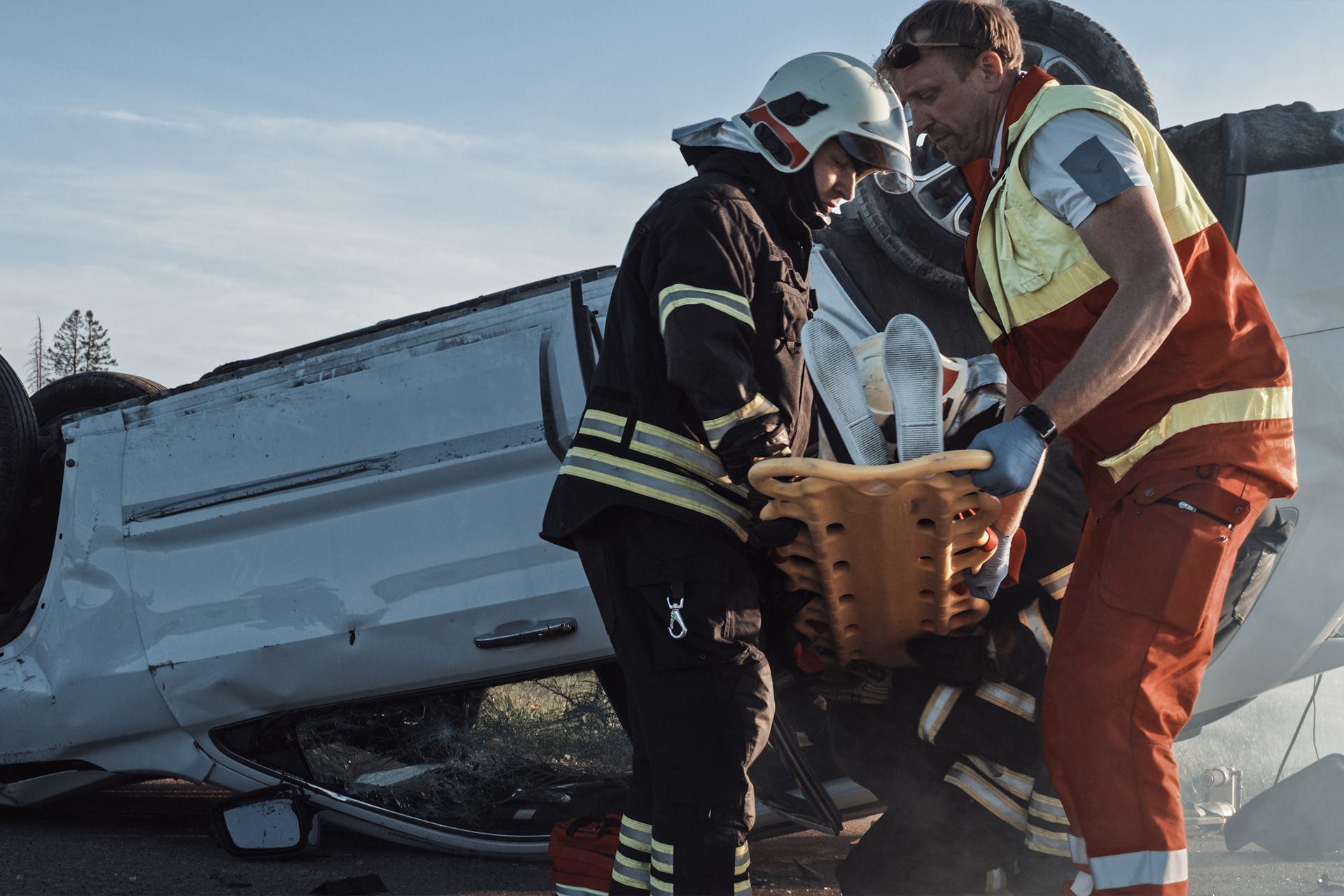Importance of Documenting Damages Even After the Plaintiff has Returned to Work

Usually, the largest monetary component of a plaintiff’s damages is the loss of income. The effect an injury has on a plaintiff’s employability is crucial in documenting economic damages . These economic damages will be largest when the plaintiff’s injury is so severe that he will never be able to return to work. A plaintiff can also show he has suffered a loss of earning capacity if they can work, but their injury prevents them from returning to their pre-accident occupation. Documenting damages even after a plaintiff has returned to work can help support evidence of such economic loss, and can also demonstrate any loss of earnings caused by an injury that is not immediately apparent.
Vocational Evaluation
Even if the plaintiff has the vocational capacity to perform other types of employment, a vocational evaluation can evidence the reasons a plaintiff cannot return to their prior work. It can also provide a range of salaries for the jobs that can be performed given the injured individual’s present vocational capacity. The difference between the pre-accident earnings and post-accident earnings provides the figure for loss of power to earn money.
Loss of Earning Capacity
Even if the plaintiff returns to pre-accident employment, a
loss of earning capacity may still be experienced. For example, the plaintiff may return to work, but because of his injury he may not be able to perform the full range of the job. As a result, the plaintiff may be limited to working part-time, be unable to work overtime, be demoted to a lower paying-job, or be precluded from receiving a promotion resulting in an increase in earning. Many injured individuals return to their pre-injury employment regardless of functional limitations and recommendations by their physician and vocational examiner. For purposes of demonstrating damages at trial, it is important to document everything that occurs after the plaintiff returns to work to demonstrate their circumstances and challenges.
Vocational Expert Services
The use of vocational expert services can help an attorney document a client’s diminution of earning capacity.
Occupational Assessment Services vocational experts have over forty years of experience performing vocational evaluations and calculating an individual’s loss of earning capacity. Call us at
800-292-1919 to discuss your case.
Disclaimer: The information on this website and blog is for general informational purposes only and is not professional advice. We make no guarantees of accuracy or completeness. We disclaim all liability for errors, omissions, or reliance on this content. Always consult a qualified professional for specific guidance.








